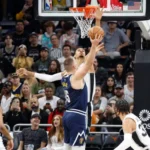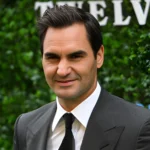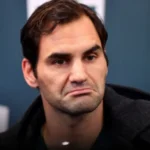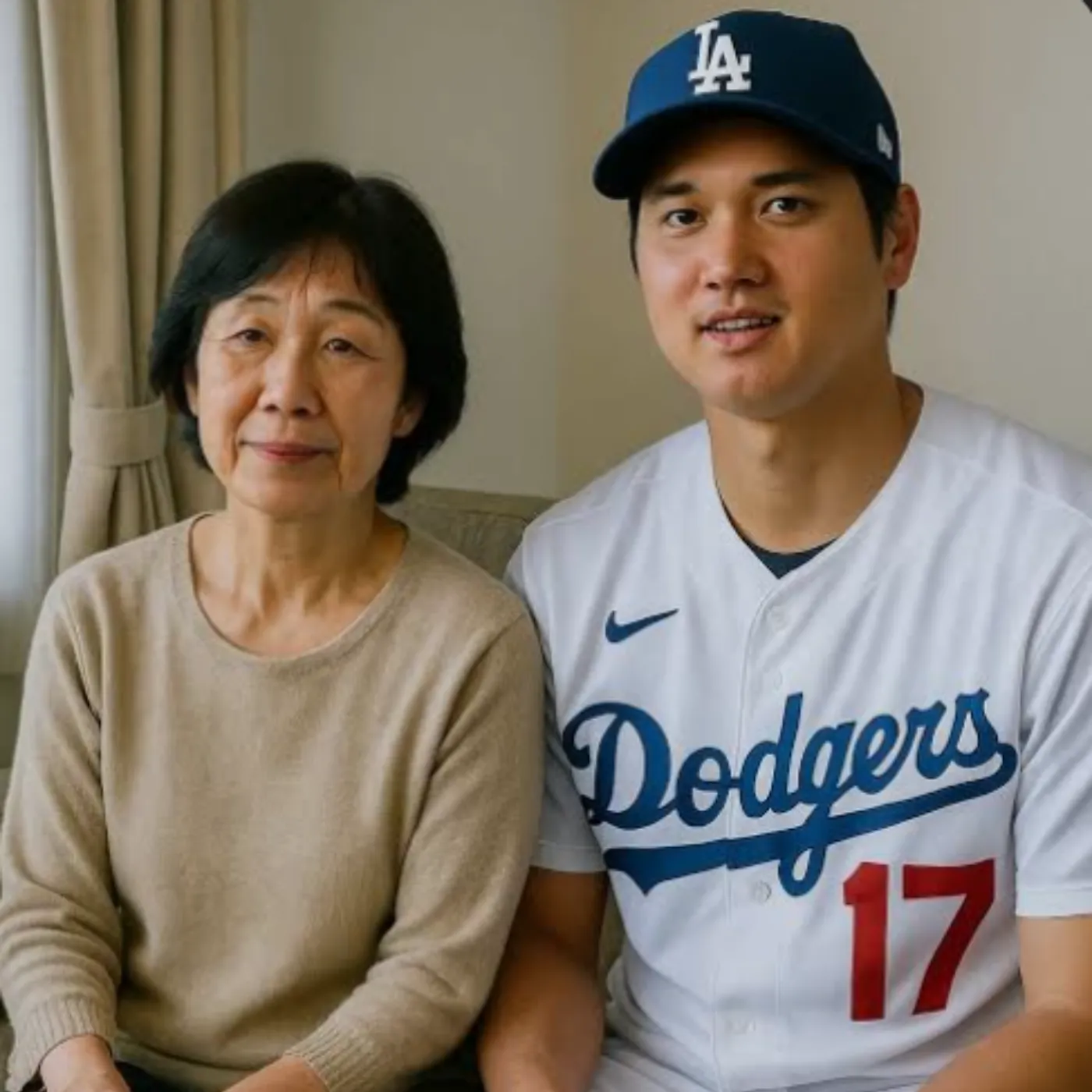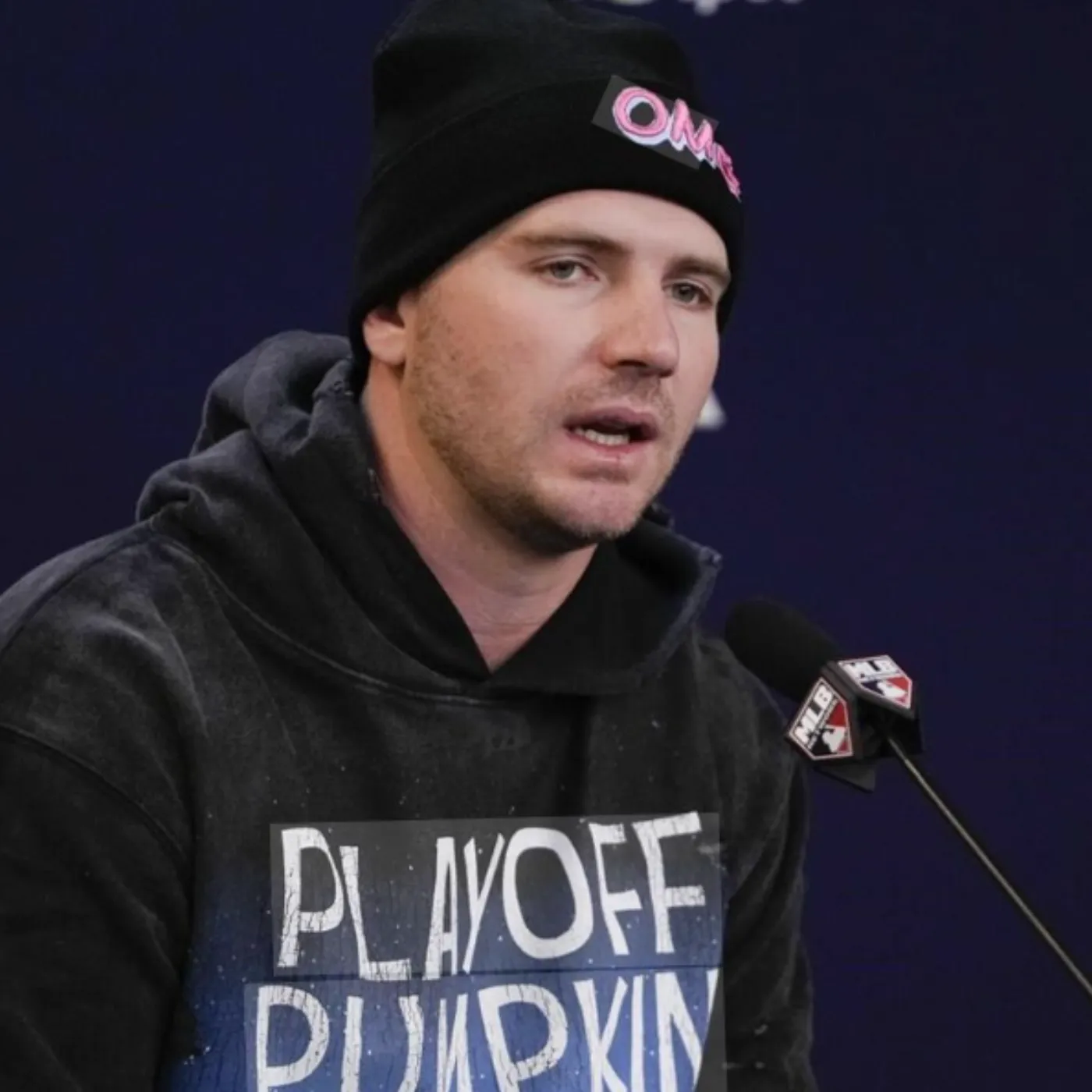
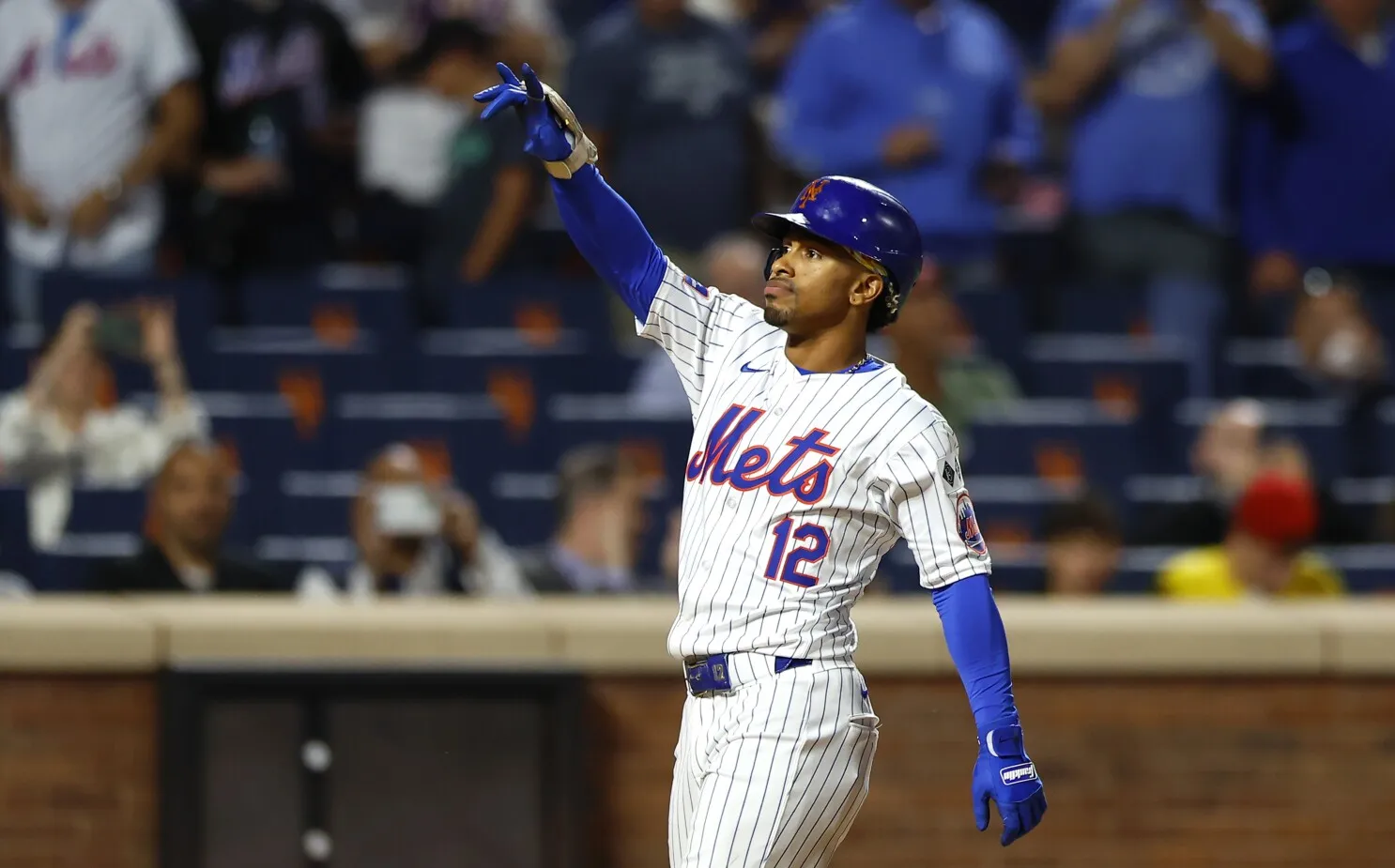
“A Year to Remember, But Painful”: Francisco Lindor Opens Up on Mets’ 2025 Season
For Francisco Lindor, the 2025 season has been a rollercoaster of highs and heartaches. The New York Mets entered the year with sky-high hopes, backed by a star-studded roster and an aspirational vision. Lindor, as one of the team’s leaders and emotional cores, carried not only the weight of expectation but the burdens of internal doubt and harsh realities. In recent statements, Lindor described the season as “a year to remember, but painful”—a phrase that captures the duality of personal milestones and collective disappointment.
Across the season, Lindor delivered remarkable individual achievements: joining the 30–30 club, driving offense, and often being a spark for the lineup. Yet those accomplishments could not mask the Mets’ collapse in the standings, the unmet promise of postseason contention, and the unresolved questions facing the franchise. Lindor’s reflections reveal not only his pride in what he achieved, but the frustration of falling short as part of a team that failed to rise together.
A Stellar Year in Stat Lines
From a statistical standpoint, 2025 was among Lindor’s best seasons. He launched his 30th home run of the year and joined teammate Juan Soto in making history as a Mets duo to hit 30 home runs and steal 30 bases—a rare feat in MLB.
That milestone underscored Lindor’s consistency, power, and speed. Even amid injuries and team turbulence, he remained a reliable performer.
He also overcame a broken right pinky toe sustained from a pitch, playing through discomfort and missing minimal time. His durability and resilience became hallmarks of his season, reinforcing why many regard him as one of the Mets’ backbone players.
Yet despite these individual successes, Lindor often spoke with a somber tone about how team performance eclipsed personal stats. The Mets, at various points, held leads, climbed to promise, and looked like title contenders. But as the months wore on, cracks appeared—unreliable pitching, inconsistent bullpen moments, and lack of clutch execution during critical junctures.
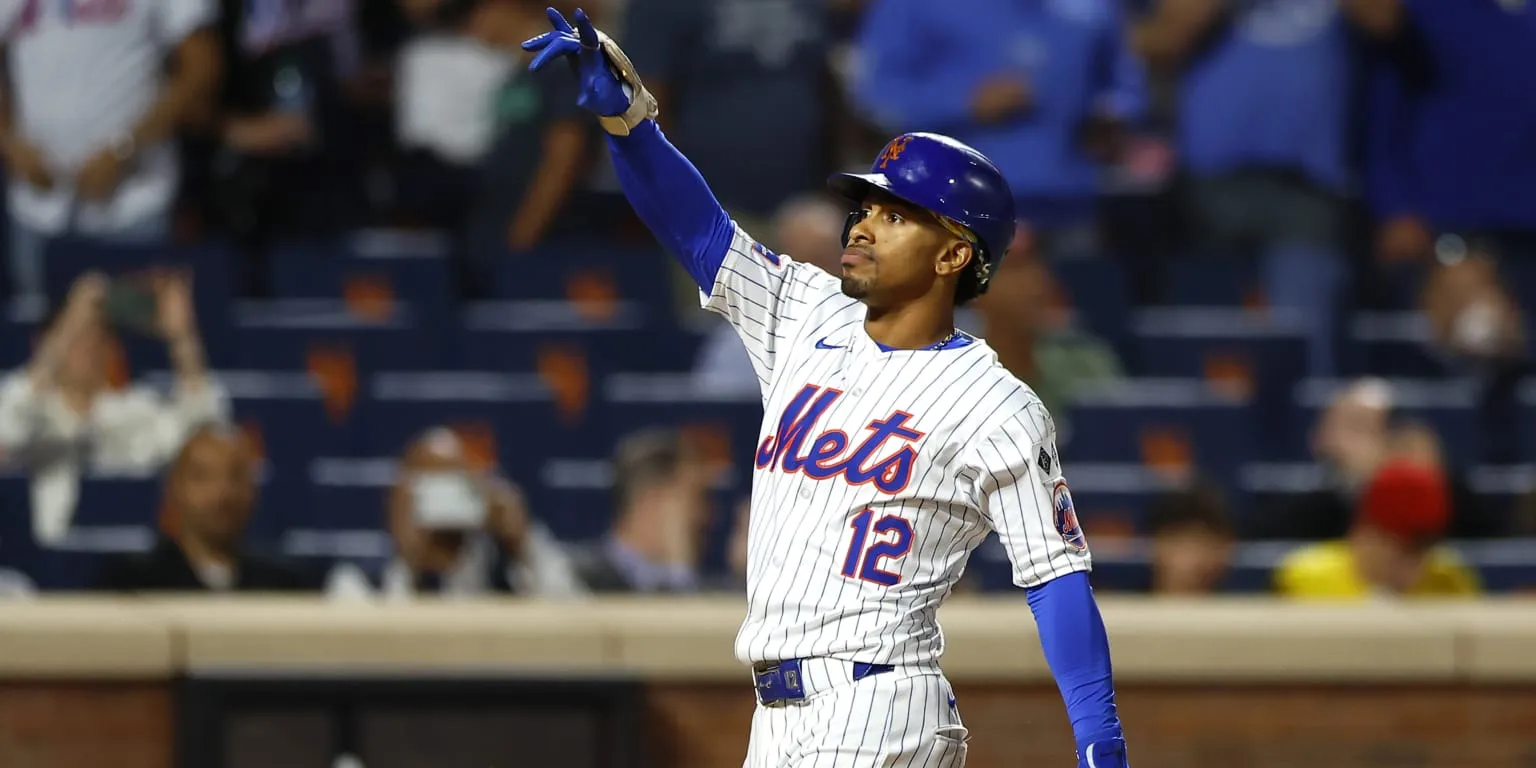
“Painful” Moments and Turning Points
When Lindor says the year was “painful,” he is referring to game losses, blown opportunities, and the emotional fatigue that accumulates when a season derails. In interviews and postgame comments, he often admitted the frustration of seeing his best efforts undone by bullpen collapses or late-inning failures.
One particularly bitter stretch occurred in September, when the Mets faltered down the stretch. Despite moments of brilliance—such as clutch home runs or comeback rallies—the team lacked consistency. Their playoff hopes dwindled, and ultimately they failed to secure a postseason berth, eliminated on the final day. That elimination was a gut punch to Lindor and to fans who had dared to dream longer.
Lindor acknowledged that the team “put the best roster on the field” and yet could not deliver when it mattered most. He admitted to feeling the weight not just as a player but as a leader, carrying accountability for both flashes of excellence and devastating stumbles.
Leadership, Responsibility, and the Emotional Toll
Being a vocal and emotional leader, Lindor’s role extended beyond the box score. He is often looked at as a pulse-checker for clubhouse morale. In interviews, he shared how maintaining positivity amid disappointments becomes a mental challenge. He expressed how players must bury personal frustration to keep the collective morale afloat, even when the outcome feels unfair.
His willingness to speak openly about disappointment—rather than hiding behind cliché statements—reveals a deeper maturity. It also shows that for Lindor, baseball is not just about winning stats but being a part of something larger. When that larger mission fails, the pain is not abstract—it is personal.
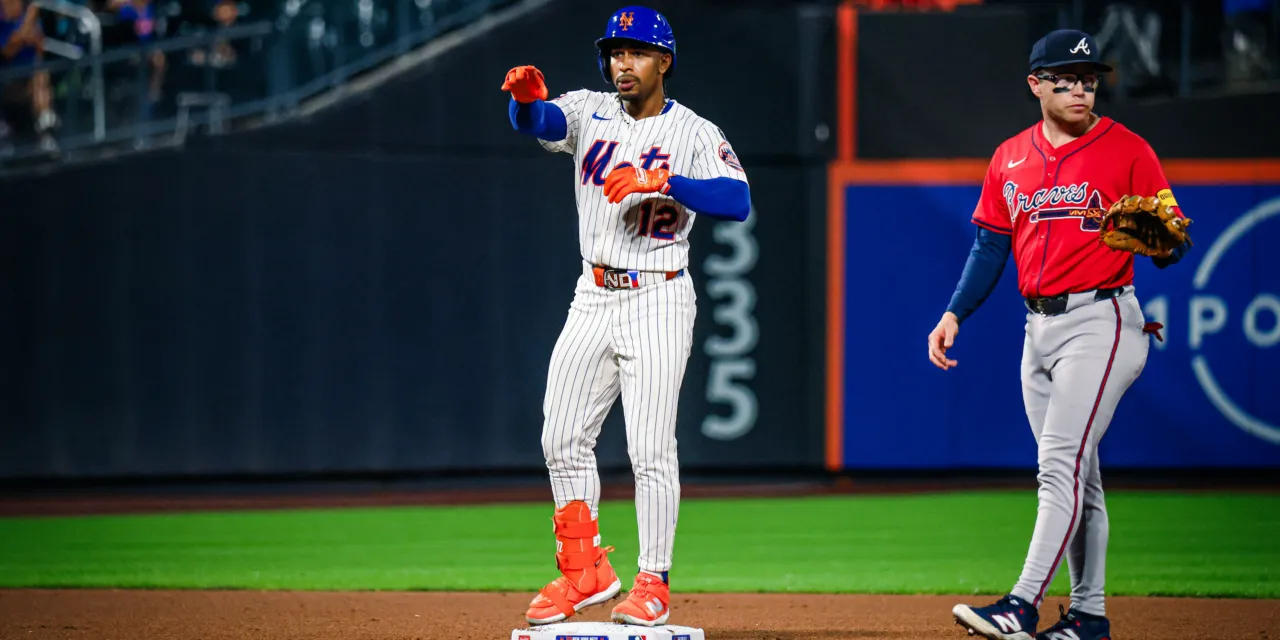
Moments to Celebrate Amid Disappointment
Even in a disappointing season, there were bright spots that Lindor and Mets fans will remember. His 30–30 season is historic in its own right, and he delivered in big moments—setting the tone as a catalyst for the Mets’ offense.
Lindor’s presence alone has often ignited rallies and energized crowds at Citi Field. In many games, his bat and glove were central to the team’s competitiveness. Those instances provided glimpses of what the Mets could have been if everything clicked.
He also embraced leadership in the postseason-less months—mentoring younger players, speaking up in the clubhouse, and holding teammates accountable. These behind-the-scenes contributions may not show up in headlines, but Lindor believes they are part of building a future foundation.
The Burden of Expectation
Lindor’s role comes with heavy expectations—not just from fans, but from the organization, media, and his own legacy. After the Mets’ deep playoff run in 2024, expectations for 2025 soared. Many believed this was their opportunity to break through.
When those expectations go unmet, the emotional burden falls heavily on core players. Lindor has admitted in interviews to feeling that weight—not just the pressure to perform individually but to carry a franchise and fanbase forward.
He also pointed out that high payrolls and roster investments invite heavier scrutiny. The Mets’ roster was among the most expensive in baseball, increasing the frustration when results lagged.
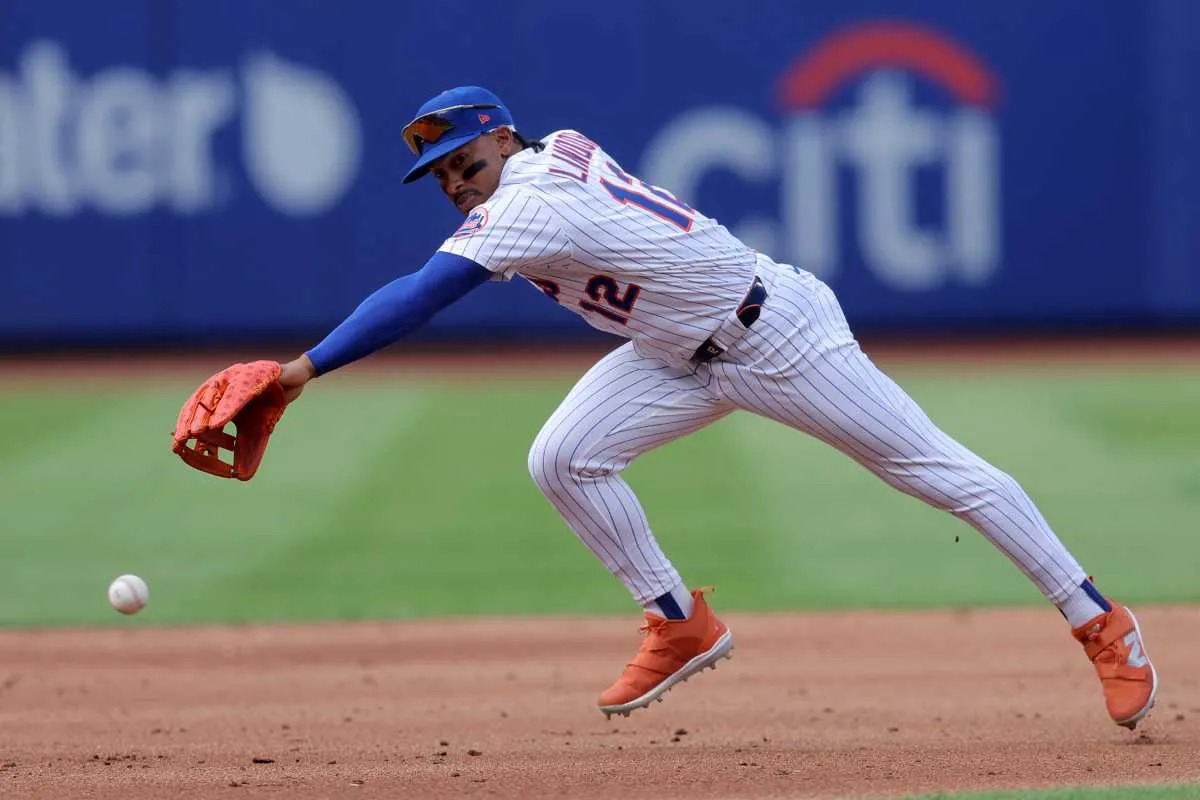
Looking Ahead: Lessons, Resolve, and the Offseason
Lindor’s reflections on 2025 are not purely regretful; they are also instructive. He has emphasized the importance of resilience and learning from failure. He believes the season’s painful lessons can become fuel for improvement—if the team responds wisely.
One key area he frequently mentions is pitching. While the offense often held up its end, pitching inconsistency allowed games to slip away. Lindor has spoken about how improving depth in the bullpen and rotation must be a priority.
He also underscores that leadership is not about basking in success—it’s about navigating adversity. Lindor intends to continue pushing teammates, staying vocal, and fostering a culture that refuses complacency.
As free agency looms for core players like Pete Alonso, Lindor’s internal message is clear: the Mets must pursue continuity, accountability, and real championship ambition. Losing talent means little if the soul of the team isn’t intact.
Why Lindor’s Voice Matters
Among Mets voices, Lindor’s perspective carries weight. He has earned respect from teammates, coaches, and fans alike for being authentic and emotionally invested. His willingness to speak candidly about failure sets him apart in an era where many athletes hide behind PR-approved lines.
His voice matters also because it bridges past and future. As a veteran and face of the franchise, Lindor represents both what was and what could be. His narrative for the 2025 season—the pride in individual achievement and the agony of collective failure—resonates deeply with those who invest emotionally in the Mets.
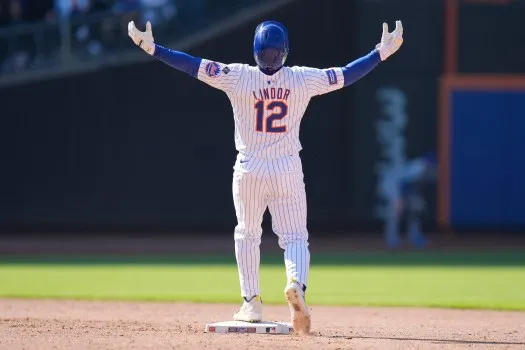
What Fans Will Take Away
For fans, Lindor’s words offer a sense of shared grief and hope. He didn’t sugarcoat the pain, but he also didn’t abandon the vision. His honesty allows fans to see that their frustrations are not empty—they reflect real effort, real struggle, and real heartbreak.
Many fans may remember the season as one of wasted opportunity, but Lindor’s reflections encourage viewing it as a pivot point. A season where potential collided with volatility, but where character may have been forged.
Conclusion
“A year to remember, but painful” perfectly encapsulates Francisco Lindor’s take on his 2025 season with the New York Mets. It was a season where fireworks of performance clashed with fractures in execution, a time when individual brilliance was undermined by collective inconsistency.
Lindor’s voice is essential in understanding that season—not only as a chronicle of what went right and wrong, but as a blueprint for what to build next. He leaves us with both pride in his own achievements and an unspoken vow that the pain will be the foundation for something stronger.
As the offseason unfolds and decisions loom, Lindor’s reflections will echo through the Mets’ clubhouse, the front office, and the hearts of fans. 2025 may sting, but in his words, it becomes a year that demands response, not surrender.



